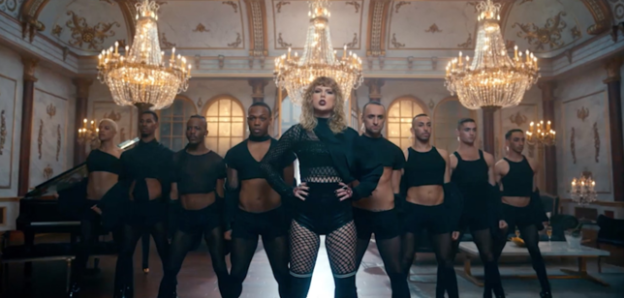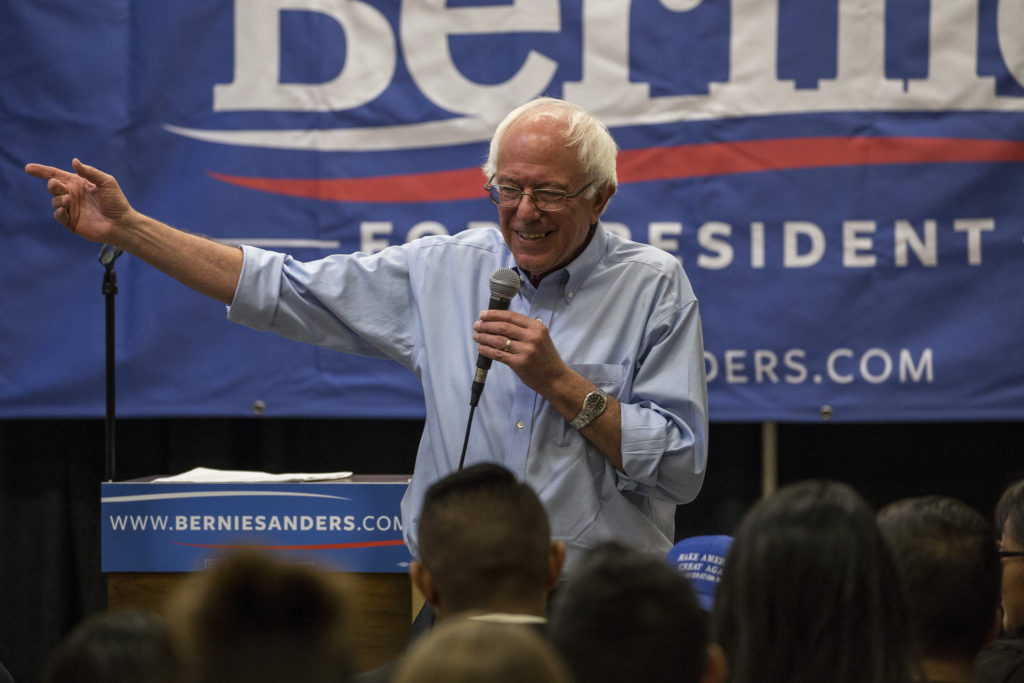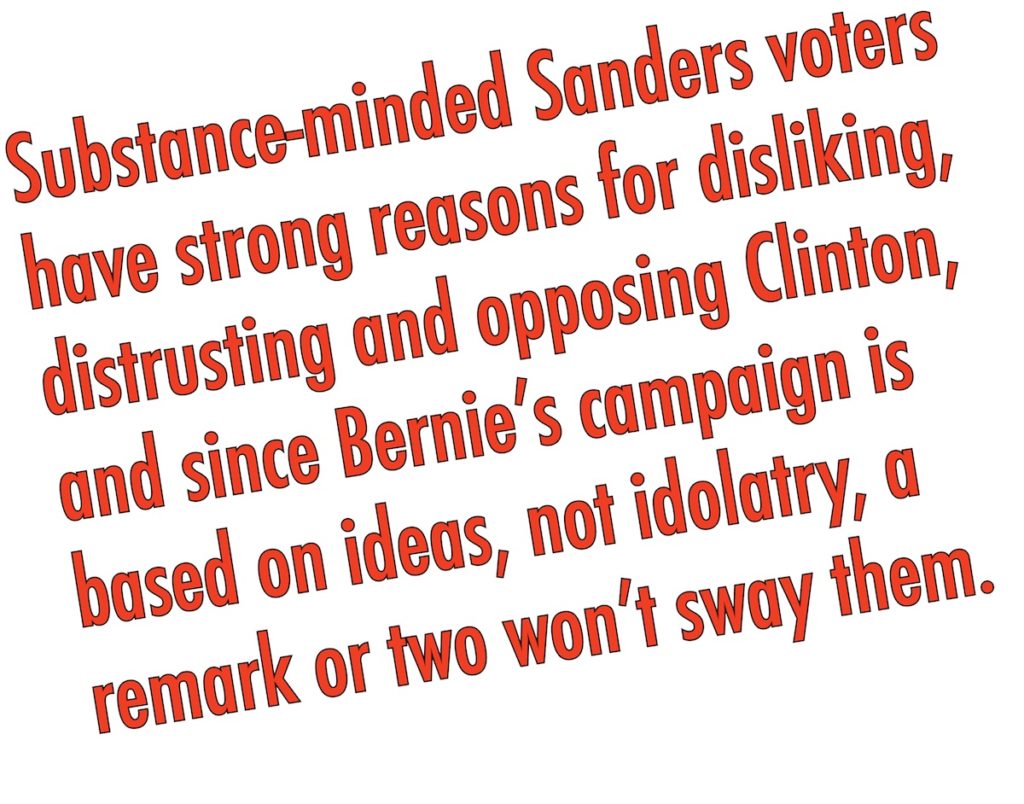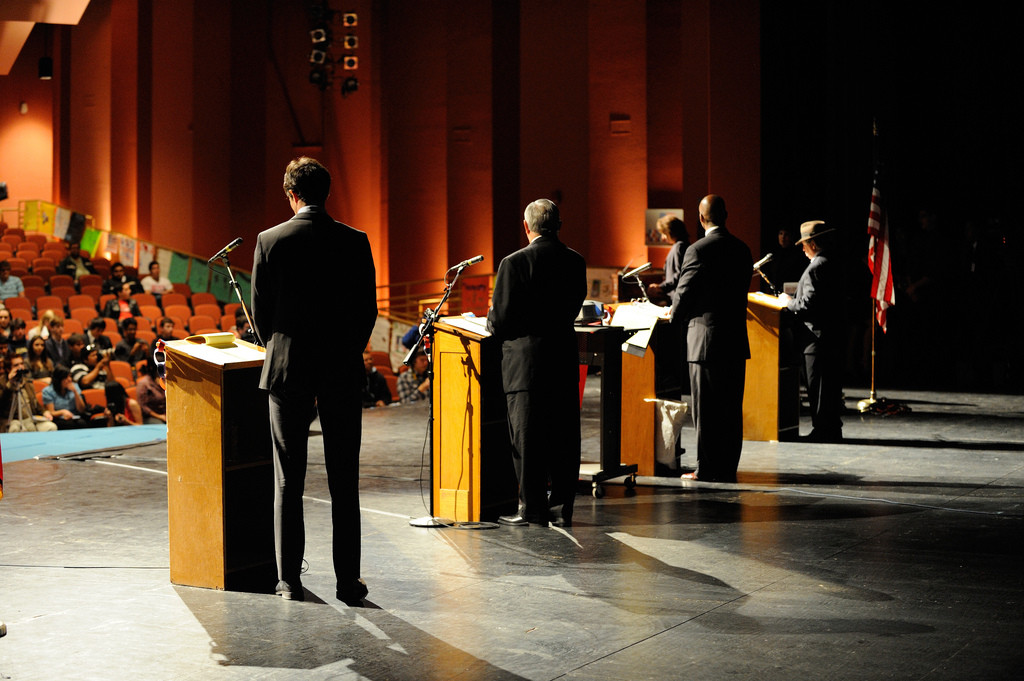Swiftly to the alt-right: Taylor Swift subtly gets the lower case “kkk” in formation with “Look What You Made me Do”
An anti–Marxist Mixtape review.
A little over a decade after her musical debut, Taylor Swift has made a career out of being portrayed as a good girl unjustly wronged. Her song catalog is stocked with tunes about how innocent she is, and how men seem to wrong her. But the most notable moment of the Taylor-as-an-innocent-victim narrative may have come when Kanye West interrupted her Best Female Video acceptance speech at the 2009 Video Music Awards to drunkenly ramble about how Beyoncé should have won.
Kanye upstaging Taylor in that moment not only gave that narrative merit in a lot of people’s eyes, it also looked like the personification of many a long-standing white fear: a black man taking away a white woman’s power. And Taylor has been playing off that narrative ever since, while America has embraced the notion of white victimhood — despite the reality. Kanye West is still hated for that moment, and the media has documented further fights between Taylor Swift and other pop stars such as Katy Perry, Calvin Harris, and Kim Kardashian. There is no shortage of media details about these “feuds”, whatever their purpose may be.
On the other hand, the idea that Taylor Swift is an icon of white supremacist, nationalists, and other fringe groups, seems to finally be getting mainstream attention. But the dog whistles to white supremacy in the lyrics of her latest single are not the first time that some have connected the (subtle) dots. A white supremacist blogger from neo-Nazi site The Daily Stormer was quoted in a Broadly article in May 2016 as saying, “it is also an established fact that Taylor Swift is secretly a Nazi and is simply waiting for the time when Donald Trump makes it safe for her to come out and announce her Aryan agenda to the world.” What “facts” the blogger is pointing to are unclear (and likely invented); still, his statement exemplifies how neo-Nazis and white supremacists look to her as their pop icon.




